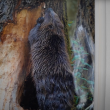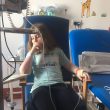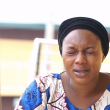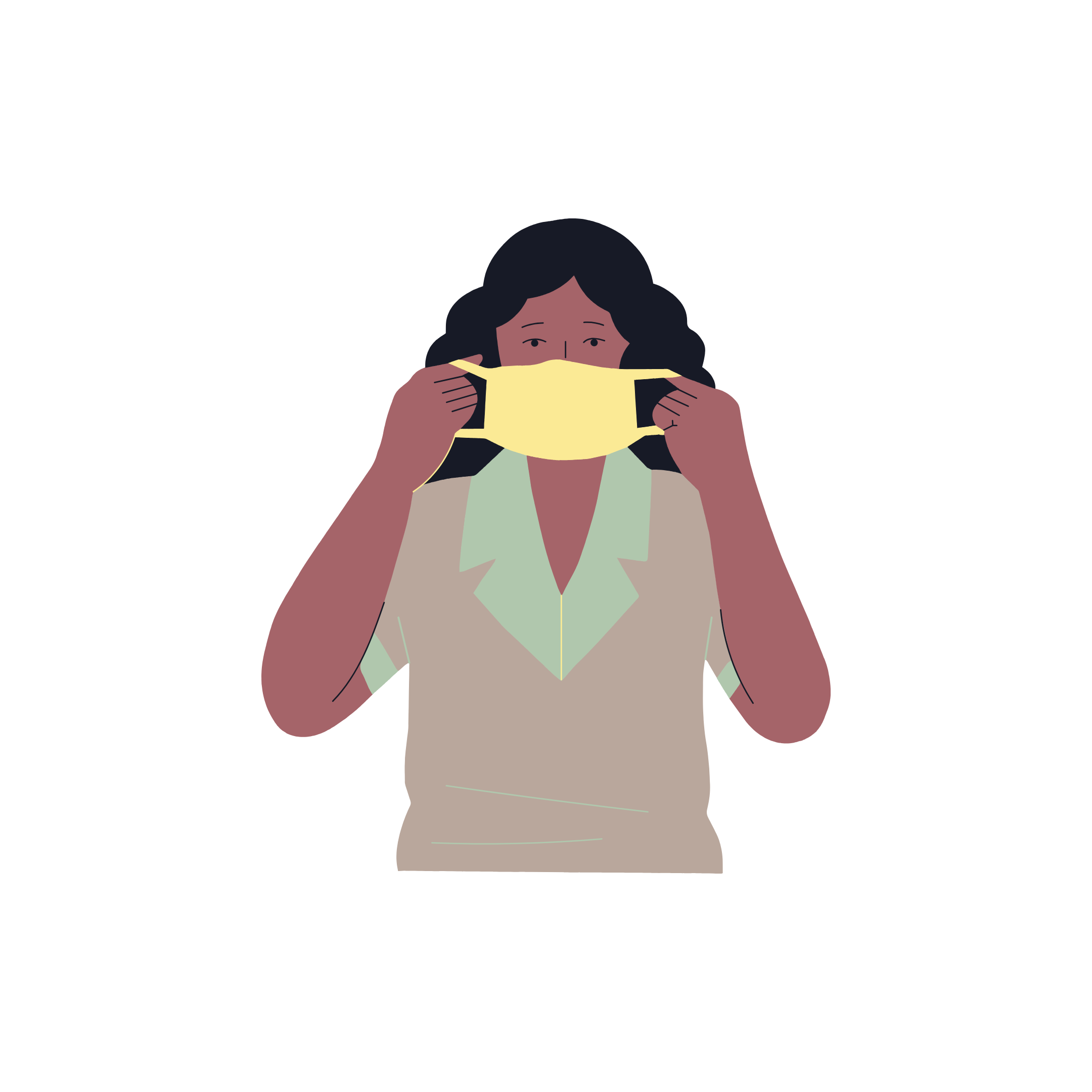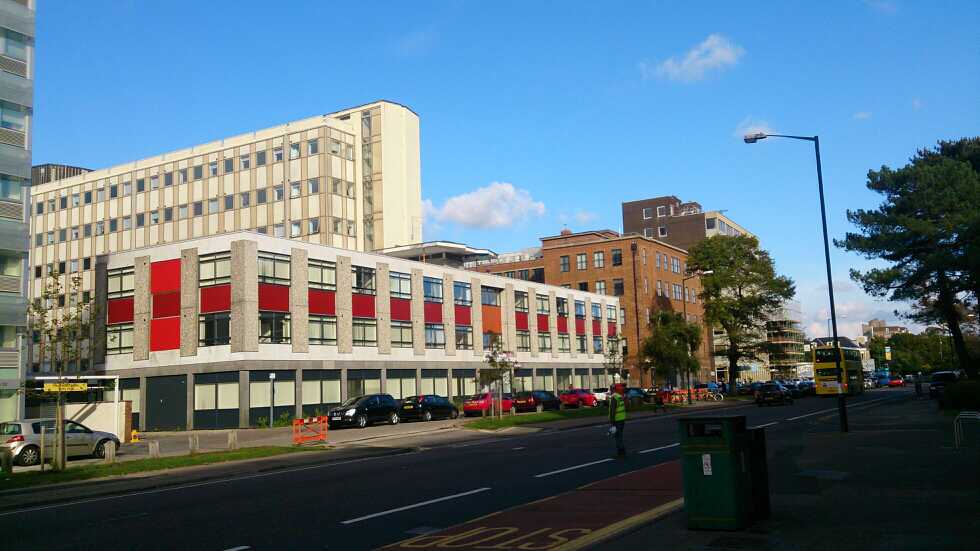Together Black, Asian and minority ethnic (BAME) groups make up only 13% of the UK population. At a much lower percentage and in a category of their own Black people are 3% of the overall UK population and are 4 times more likely to contract coronavirus.
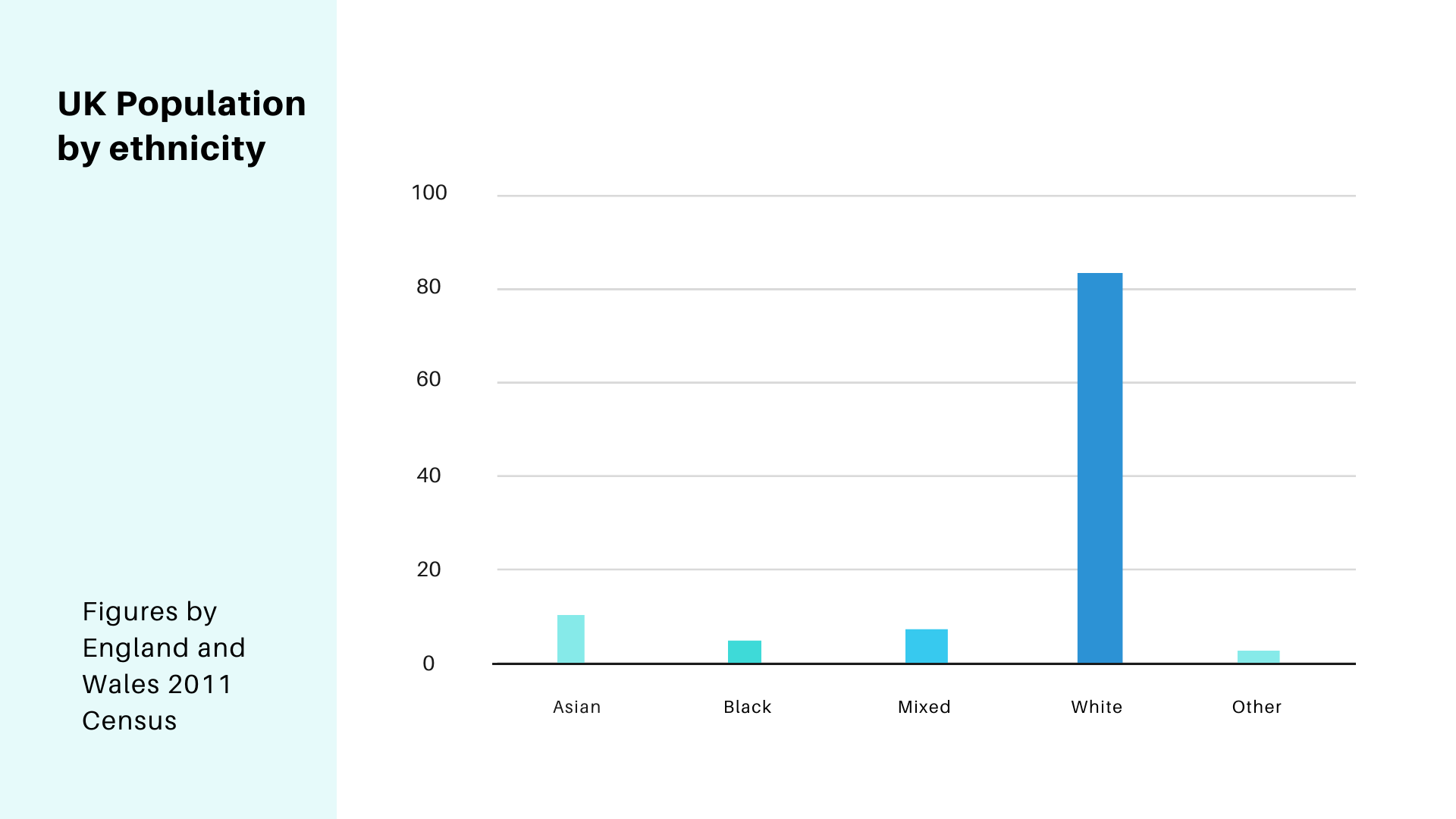
The high number of BAME deaths linked to coronavirus led the government to announce a formal investigation into the issue. Professional bodies like the NHS and Public Health England (PHE) are contributing to the investigation by gathering data and collecting information into why BAME groups are dying from coronavirus.
The Office of National Statistics (ONS) published figures showing Black people at greater risk of contracting coronavirus than other ethnicities.
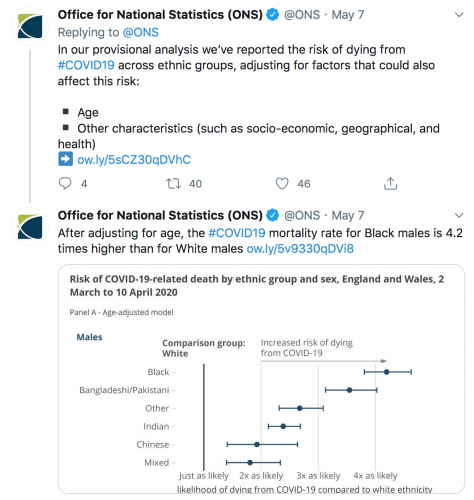
Why are Black people 4x more at risk?
The spread of coronavirus has tragically affected Black communities as worst in the UK and across the globe. The issue has become so detrimental that NHS leaders are looking into risk-assessing BAME healthcare workers which could potentially lead to the reassigning of roles.
Statistically, the majority of junior roles are held by ethnic minorities and could be why they are bearing the brunt of this pandemic. Other factors include being deployed on the frontline at higher rates as well as being made to work in areas that lack PPE.
According to ITV’s largest survey, systemic discrimination may be a factor into the disproportionate number of deaths. The survey involved over 2,000 BAME healthcare workers of all who gave similar responses. Deputy sister, Anu Agboola said:
“If you did feel sick at the beginning of Covid-19 you were less likely to say I don’t feel well, or more likely to say it’s just a cough.”
Many Black people working on the frontline similar to Anu shared the same views. They have a fear of facing discrimination and don’t want to feel judged by their white counterparts.
How are Black nurses feeling about being high risk?
To understand how Black nurses are coping, The Breaker spoke with staff nurse Danielle Burnett, who said: “The figures are shocking but I’m not scared to go into work.”
Danielle explains how she has been dealing with being a Black nurse on the frontline following the alarming statistics.
Exposed to coronavirus
The newly qualified nurse at Queen Elizabeth hospital in Birmingham told The Breaker, she believes she contracted the virus.
“Everyone was suffering from a weird virus in January but no-one knew what it was; there wasn’t much information on coronavirus then, but we obviously can’t be sure.”
What is the demand for PPE?
The housekeeper for my ward has been great at fighting for us to get the correct PPE
Danielle’s department is one of the very few with enough PPE, as 73% across the NHS lack these equipment.
“The housekeeper for my ward has been great at fighting for us to get the correct PPE; so I haven’t really experienced a shortage”, says Burnett. “But colleagues on the other wards are worried about not getting the correct surgical masks; as most are ineffective after 20 minutes of use.”
Currently the number of coronavirus related deaths stand at 33,186 in the UK, marking it the second-worst death rate in the world.


